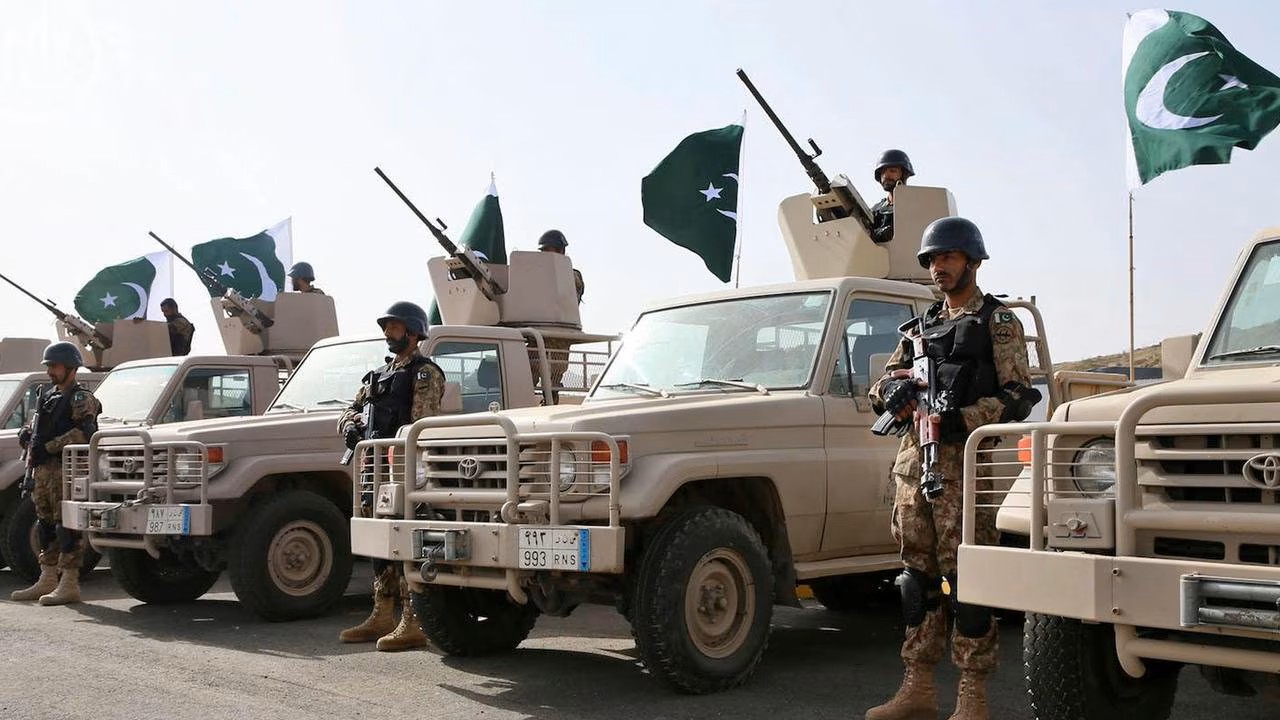This content is restricted to site members. If you are an existing user, please log in. New users may register below.
Saudi–Pakistan Pact and Bangladesh’s Strategic Choices

Reading Time: 3 minutes The announcement of a new defence pact between Saudi Arabia and Pakistan has sent ripples through both the Middle East and South Asia. More than a bilateral understanding, it is a signal of how security in these two regions is converging. Both sides describe the pact as a commitment to a shared response to aggression, but the subtext is clear: Pakistan’s nuclear status gives the deal an aura of extended deterrence that alters the strategic landscape far beyond Islamabad and Riyadh. For the Middle East, the implications are immediate. Saudi Arabia, long reliant on Washington’s protection, now appears to be diversifying its security guarantees. Whether or not the pact formally extends Pakistan’s nuclear umbrella, perceptions matter. For Iran, the message is that Riyadh has credible backing outside the United States. For Israel, it is a reminder that the Gulf’s strategic posture is becoming more complex and

